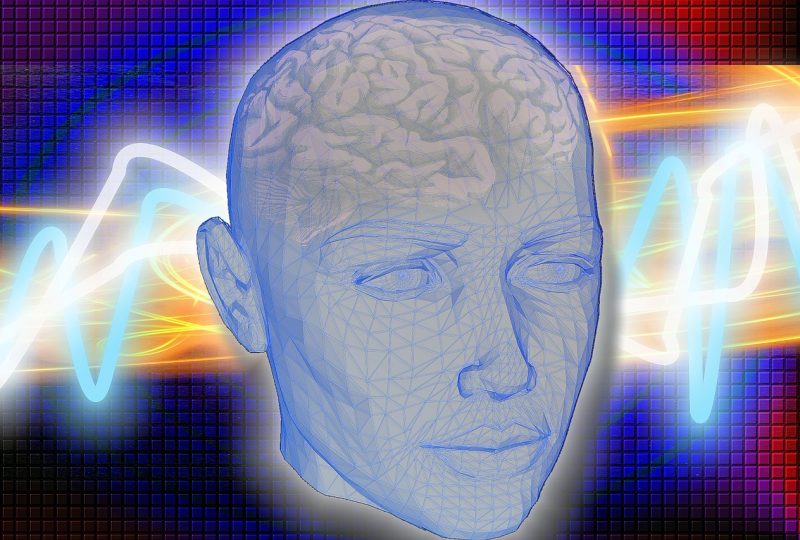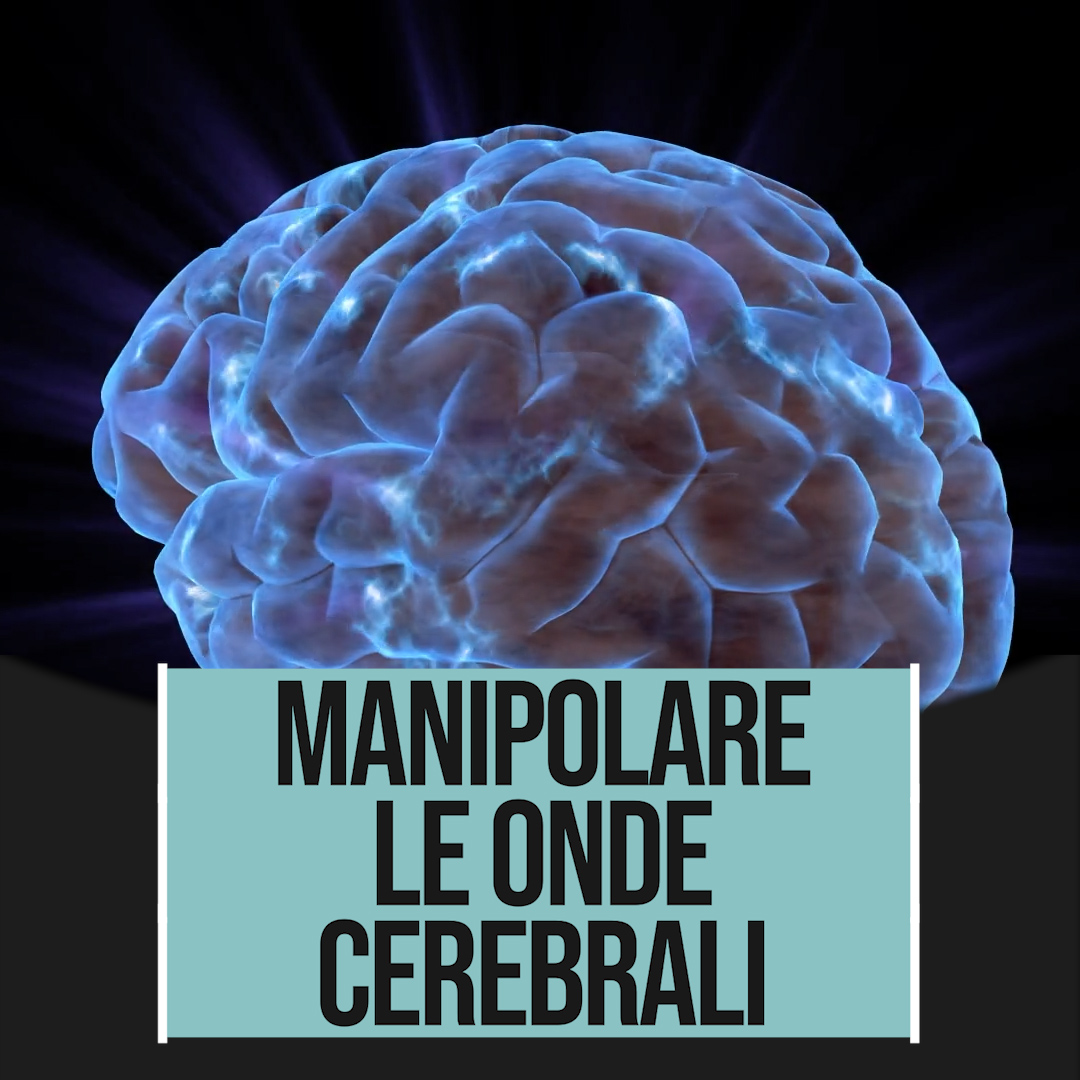Manipulating brain waves can improve memory
30 January 2020 | Written by La redazione
A new step forward in understanding the functioning of our brain

It’s easy to think, isn’t it? It comes naturally to us after all, our brain is a constant stream of thoughts. Yet, the way, the rhythm with which we think can vary a lot: listening to music or working on a written text requires a very different brain and cognitive effort. This is because different areas of the brain and therefore different neurons are activated. And it is precisely this activation or the fact that they send or receive electrical impulses, that allow us to measure brain activity. Through electrodes, in fact, we record what we call brain waves. Some of these are closely related to memory, and by learning to manipulate them, it may be possible to identify new ways to follow to cure some neurological diseases.
The rhythm of the brain. Neuroscientists from the University of Birmingham have carried out research on memory performance by revealing that it can be improved by rhythmic neural stimulation or “entrainment”, using a range of invasive and non-invasive techniques. “We can modulate memory performance through rhythmic neural stimulation, which can be as simple as flickering light at a particular rate that is followed by neurons in the brain,” explained Dr. Simon Hanslmayr, of the Center for Human Brain Health of the University of Birmingham – much more research will be needed, but it seems clear that guiding brain rhythms in this way is a promising tool for improving memory – for both healthy people and patients who suffer from conditions like Alzheimer’s. ”
Manipulate brain waves. Brainwaves can be controlled in various ways. They can be modulated using sounds and images, as well as non-invasive electrical and electromagnetic oscillations, then sent via electrodes applied to the scalp. Neural oscillations can also be controlled using electrical stimulation in the brain through surgical implants, a decidedly more invasive technique but which can make sense in the treatment of certain pathologies.
The researchers observed that brain oscillations act on specific neural mechanisms that influence the formation, maintenance, consolidation, and recovery of memories. Studying how these mechanisms are affected by brain oscillations will be vital in developing effective treatments for memory-related disorders.
How? Find it out in the video.






